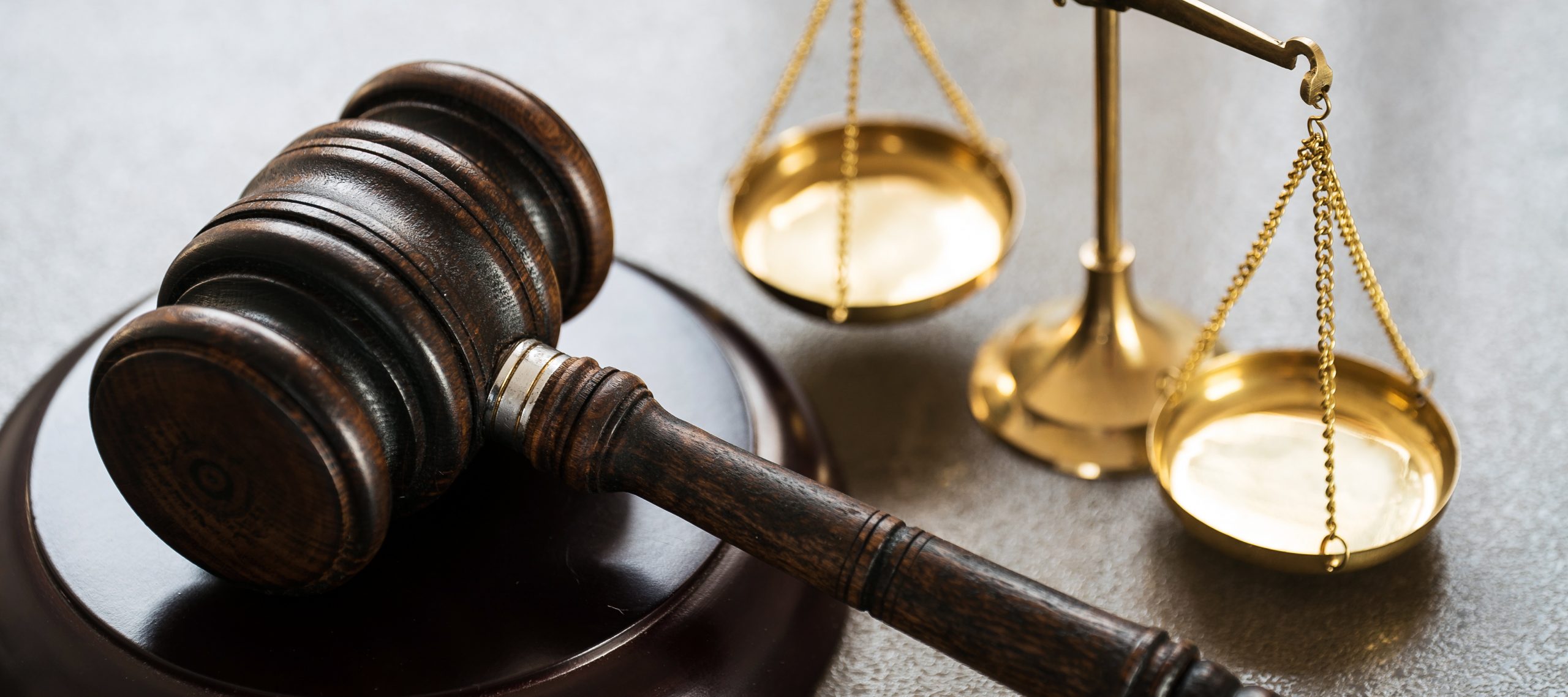
Why Electric Cars Are Surging in Popularity and Becoming More Commonplace on UK Roads
May 27, 2023
Gender Recognition Reform (Scotland) Bill Outline
May 28, 2023Before anyone passes away it is normal to seek assurance that loved ones will be cared for. Typically, this might mean having life insurance to provide financial support. Or it may mean leaving behind a fund for college for a son or daughter.
To ensure that these benefits reach the chosen individuals, certain directives will be put in place. When a retirement fund is set up, instructions will be made as to who will receive the pension if the holder should die.
But, with other assets such as land or bank accounts, it can be less clear who the beneficiaries should be when death occurs. This is why estate planning exists.
What actually is estate planning?
Oregon firm, Two Spruce Law P.C. in Bend, explained that estate planning ensures that your intended beneficiaries receive assets instead of it being decided by the court.
The average person will spend over 10 hours of their life in their place of work. Therefore, the thought of hard-earned money not reaching your beneficiaries is less than desirable. Legacy or estate planning puts into place instructions that dictate exactly how a person’s assets will be managed upon death.
For many people, estate planning starts and ends with drafting a will. However, estate planning is much more involved and helps individuals decide on who will manage their assets should they become chronically ill.
Estate planning also helps people to decide how their assets will be distributed. And through the help of an administrator and attorney, estates can be managed should you become incapacitated. This way your wishes will still be followed through the help of your estate administrator.
Is estate planning always necessary?
Many people die with little or no tangible assets. In the UK, if there are few assets then they will likely be swallowed up by any debts. If there aren’t any beneficiaries then the estate will go to the Crown as ‘ownerless goods’.
In these types of circumstances, there may be little need for estate planning. A person who has no dependents, no beneficiaries, and no real assets, may have little need for estate planning. A will is always recommended though, as it makes it clear where even the smallest assets should go.
To decide whether estate planning is necessary for you, there are a few questions you could ask yourself.
How big is your estate?
A simple estate could be handled by a properly worded and witnessed last will and testament. But, if you have sizeable land and real estate then you should consider estate planning.
Some legal processes can be done without a lawyer. Simple wills can be made at home if you download and understand some legal forms. Even divorce packs are available online. However, it is far safer to use estate planning and an attorney when valuable assets are involved.
How complicated is your estate?
Another good reason to use legacy planning is when there are unusual assets or matters that are complicated. When an estate involves less normal assets it can become complicated. And a will may not be enough.
Complications in asset distribution might include these:
- Unusual assets
- Business ownership
- Shared business ownership
- Intellectual property
- Cryptocurrency
- Stocks and bonds
- Multiple savings accounts
- Retirement funds
- Insurance policies
Trying to draft a will that covers instructions for accessing crypto wallets, and distribution of NFTs will be difficult for anyone without legal knowledge. Indeed, these complications are exactly why proper estate planning is necessary.
Do you have complicated end-of-life instructions?
There are many things that delay the probate process. Yet, nothing slows it down so much as a family feud. Sadly, the death of a loved one can lead to squabbles over possessions.
When the legacy instructions are complicated, this can exacerbate matters. Many people insist on putting clauses in their wills. For example, a beneficiary might inherit £10,000 but there may be a stipulation that they need to graduate from college first.
Estate planning benefits from having an executor who understands instructions, and a lawyer who will ensure documents are clear and understandable.
Will you need an estate planning attorney?
Estate planning helps to reduce the time it takes for probate to be completed. It also helps to ensure privacy and allows for complicated instructions to be managed as well as asset distribution.
The more beneficiaries there are, and the larger the estate, the more important estate planning is. Tax thresholds should be considered too, depending on where the asset holder lives.
Children can complicate wills, and an estate planning attorney can handle future wishes. For instance, you may wish your child to receive assets but not until they reach a certain age. An estate planning lawyer will ensure your directives are legally enforceable.
One of the procedures of divorce is asset distribution. Sometimes when a couple split up, one partner may be able to keep the family home but only until the children have finished their education. Assets that are complicated in this way would require a lawyer when making end-of-life plans.
What is the role of an estate planning lawyer?
Estate planning lawyers help their clients to get what they want to be done when the time comes. While an estate planning lawyer will help draft wills, they can also advise on the best way to incorporate trusts to protect assets. The lawyer will understand how to reduce taxes. And an estate planning lawyer will work alongside the client’s executor.
When undertaking estate planning, one or two administrators need to be appointed. These people will pay off any debts you have, and ensure that your wishes regarding assets are carried out.
But, your estate planning executors may lack some legal knowledge. An attorney’s role in estate planning will involve handling the probate process and helping your executor understand their tasks.
Your estate planning lawyers tasks may include:
- Drafting your will
- Setting up trusts
- Reducing taxes
- Avoiding or reducing probate time
- Protecting your assets
- Ensuring your directives are legal, clear, and enforceable
- Establish a power of attorney
- Establish guardianship
Estate planning attorneys will help clients with their choice of beneficiaries. But, they also help with serious matters such as establishing durable and medical power of attorneys and guardianship for dependents.
Is estate planning an ongoing task?
Estate planning lawyers aren’t there only to draft wills. Estate planning is a process that requires ongoing reviews and amendments. You may welcome a new addition to your family and wish to add them to your will. Alternatively, you may wish to remove someone also.
A revocable living trust is a way to ensure you have control over your assets, and how they will be managed during your life if you become incapacitated at any point. But, as life moves forward, your wishes may alter. It is essential to choose the right estate planning lawyer as your relationship may last a long time.
Summary
Small estates can be handled adequately by will as long as it is signed and witnessed. When there are only one or two beneficiaries and a small number of assets, a will is sufficient. However, when estates become complicated it is advisable to utilise legal assistance.
Estate planning ensures that assets reach the intended beneficiaries, and directives are handled as instructed. The estate planning attorney’s role is far more than just distributing assets though. They are there to help clients establish guardianship when needed, and avoid the time-sapping probate process.




